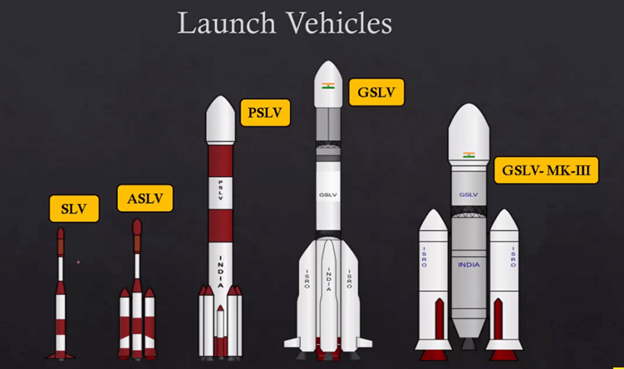ISRO’s Next-Gen Launch Vehicle
- Posted By
10Pointer
- Categories
Science & Technology
- Published
15th Oct, 2022
-
Context
ISRO is developing the Next Generation Launch Vehicle (NGLV), which will replace its ‘trusted work horse’ PSLV in the future.

About NGLV
- ISRO’s NGLV will be a three-stage reusable heavy-lift vehicle.
- A Geosynchonous Orbit (GEO) takes a satellite around the Earth at a rate of once per day, keeping it roughly in the same area over the ground.
- A Geostationary Orbit (GSO) is a geosynchronous orbit with an inclination of zero, meaning, it lies on the equator.
|
- Payload capacity will be around 10 tonnes to Geostationary transfer orbit (GTO) and twice the capacity to Low earth orbit (LEO).
- Potential applications: areas of deep space missions, launching communication satellites, future human missions and cargo missions.
Significance
- Cheaper & efficient: NGLV will feature semi-cryogenic propulsion for the booster stages which is cheaper and more efficient.
- Bulk production: It allows bulk manufacturing and the turnaround time is minimal.
ISRO’s launch vehicles
- Launch Vehicles are used to carry spacecraft to space. India has two operational launchers:
- Polar Satellite Launch Vehicle (PSLV)
- Geosynchronous Satellite Launch Vehicle (GSLV)
About PSLV technology
- Launched in: 1994
- Polar Satellite Launch Vehicle (PSLV) is the third generation launch vehicle of India.
- It is the first Indian launch vehicle to be equipped with liquid stages.
- Stages: It is a four-staged launch vehicle:
- first and third stages using solid rocket motors
- second and fourth stages using liquid rocket engines
- Important missions:
- Chandrayaan, 2008
- Mars Orbiter Spacecraft, 2013
|


